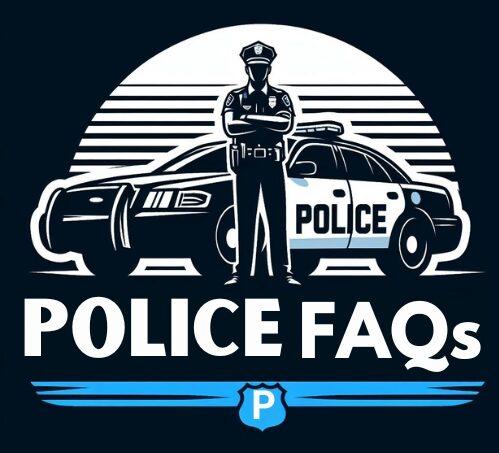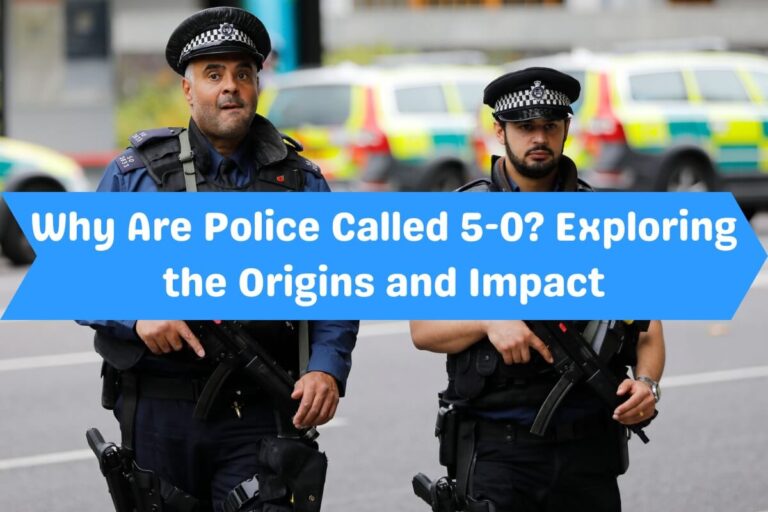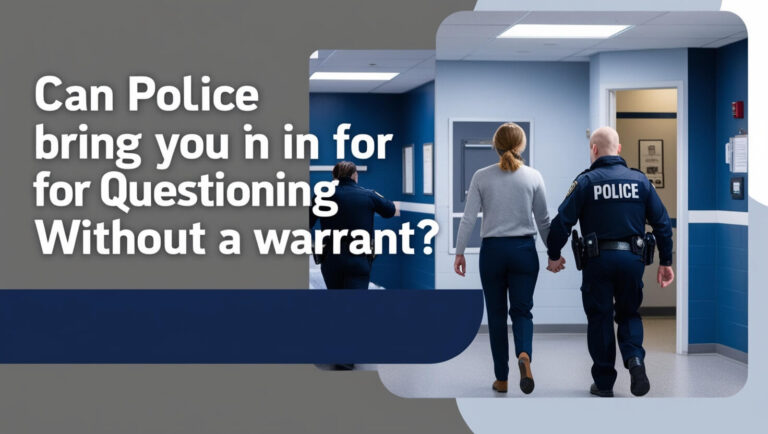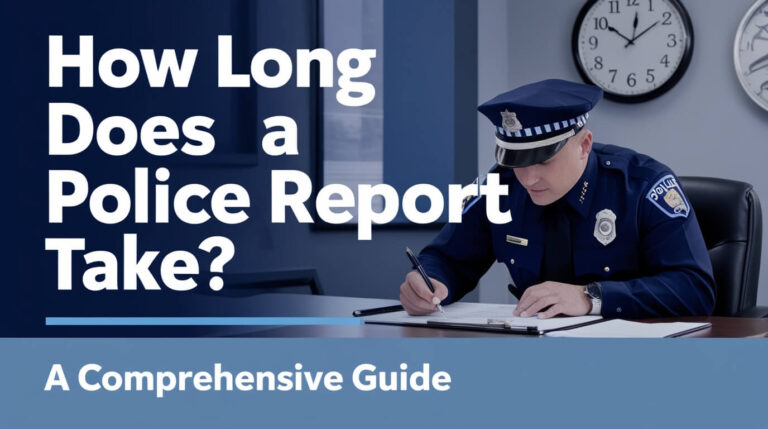Signs Police Are Investigating You for Drugs: Know Your Rights

Understanding whether you’re under police investigation for drug-related activities can be crucial. It helps you take necessary precautions and protect your legal rights. This today article explores the signs and indicators that the police might be investigating you for drugs. By knowing these signs, you can act proactively and seek legal assistance promptly.
Common Signs of a Drug Investigation
Increased Police Presence
One of the first signs that you might be under investigation is an increased police presence around your home or workplace. This could manifest as frequent sightings of police cars or officers, both marked and unmarked, in your vicinity. If you notice that the police seem to be paying more attention to your activities, it could be a red flag.
Unusual Surveillance Activities
Law enforcement agencies often use surveillance as a part of their investigation. This could involve hidden cameras, recording devices, or unfamiliar vehicles parked near your home for extended periods. If you suspect that you are being watched or monitored, document any suspicious activities and consider discussing your concerns with a criminal defense attorney.
Unannounced Police Visits
Unexpected visits from police or other government agencies can be a clear sign that you are under investigation. These visits could be to your home or place of work, and they often come without prior notice. Such visits can be unsettling, but they are a common tactic used by law enforcement to gather information and monitor your activities.
Frequent and Intense Questioning
If law enforcement officers start asking you detailed questions about your activities, associations, and finances, it might indicate that you are under investigation. This questioning can happen during routine traffic stops, at your home, or even in casual encounters. If you find yourself being questioned more frequently than usual, it might be time to seek legal advice.
Specific Triggers and Events
Search Warrants and Property Searches
A clear indication that you are a person of interest in a drug investigation is the execution of search warrants at your home or business. If the police have a valid search warrant, they have the legal right to enter your property and search for evidence related to drug activity. During such searches, it is crucial to remain calm, avoid any physical confrontation, and request a copy of the search warrant.
Drug Testing and Laboratory Analysis
Law enforcement may request drug tests as part of their investigation. These tests can include urine, hair follicle, or blood tests and are used to gather evidence of drug use or involvement. If you are asked to undergo a drug test, it is a strong indication that you are under scrutiny.
Confidential Informants and Tips
Sometimes, law enforcement relies on confidential informants or tips to build their case. If you become aware that someone close to you has been approached by the police or is acting suspiciously, it could mean that you are being investigated. Informants can be friends, family members, or associates who provide information to the police in exchange for leniency or rewards.
Legal Scrutiny and Contact
Subpoenas and Court Orders
Receiving legal documents such as subpoenas or court orders is a clear sign that you are under investigation. These documents might require you to provide information, appear in court, or present specific documents. If you receive such documents, it is crucial to consult with a lawyer immediately to understand your legal obligations and protect your rights.
Increased Legal Scrutiny
Increased legal scrutiny can manifest as frequent court appearances, legal inquiries, or questioning by law enforcement officials. This can be an indication that you are under investigation for drug-related activities. It is important to exercise your right to remain silent and seek legal counsel if you are being scrutinized.
Financial and Communication Red Flags
Unusual Financial Activities
Law enforcement agencies often monitor financial transactions as part of their investigations. Unusual financial activities such as large deposits or withdrawals, use of multiple bank accounts, or suspicious cryptocurrency transactions can raise red flags. If you notice any unusual financial activity, it might indicate that you are being investigated.
Suspicious Communications
Repeated calls or messages from unknown or blocked numbers, or attempts by unknown individuals to discuss drugs, can be signs that you are under investigation. Law enforcement may use various tactics to gather information, including pretending to be drug dealers or users. If you receive such communications, be cautious and avoid incriminating conversations.
Protecting Your Rights
Know Your Rights
It is essential to understand your legal rights if you suspect that you are under investigation. These rights include:
- Right to Remain Silent: You are not obligated to answer any questions from the police without a lawyer present.
- Right to Legal Representation: You have the right to hire an attorney to advise and represent you.
- Protection Against Unreasonable Searches and Seizures: The police must have a valid warrant to search your property.
Steps to Take If Under Investigation
If you suspect you are under investigation for drug offenses, take the following steps:
- Consult an Attorney: Seek legal counsel immediately. A skilled attorney can guide you through the process and protect your rights.
- Exercise Caution: Be mindful of your actions and communications. Avoid discussing potentially incriminating information, especially over electronic devices.
- Preserve Evidence: Do not destroy any evidence, as this could lead to additional charges.
- Limit Social Media Activity: Be cautious about what you post on social media platforms, as it can be used against you.
Conclusion
If you suspect that you are being investigated for drugs, it is crucial to remain calm and understand your rights. Increased police presence, unusual surveillance, unannounced visits, frequent questioning, search warrants, drug testing, and suspicious communications are all signs that you might be under investigation. By consulting with a lawyer and taking proactive steps, you can protect your rights and navigate the legal process effectively. Remember, you are presumed innocent until proven guilty, and having legal representation is essential to ensure a fair and just legal process.






